Recently, President Putin dismissed the commander in chief of Russia’s ground forces just as the Istanbul talks collapsed into delay. The timing was not coincidental, it marked the Kremlin’s growing frustration with battlefield stagnation and its readiness to reshuffle leadership ahead of what could be a decisive summer for both Ukraine and Russia.

The goal for Russia is to delay meaningful negotiations in order to gain more ground and strengthen its position before settling. Putin wants to enter into any agreement from a position of advantage, hoping to convert new territorial gains into diplomatic leverage. That means buying time at the table while pushing for advances on the battlefield.

The reason why Russia wants to achieve this goal is that it views the Istanbul format as too early and too restrictive. Zelensky is calling for a full ceasefire, an exchange of prisoners, and Western security guarantees, but he has said that a total settlement is impossible without further negotiations. Russia sees this as a trap, a premature freeze that could lock in Ukrainian control over contested areas. From Moscow’s perspective, delaying the process denies Ukraine the ability to freely rotate units, build fresh fortifications, and solidify gains. If a ceasefire had gone forward, Russia would face an enemy far harder to dislodge just a month later.

To achieve this delay, while maintaining the appearance of cooperation, Russia sent a downgraded delegation to Istanbul and avoided direct, high-level engagement. While Russian officials sidestepped commitments, ammunition is quietly being transferred from rear depots to frontline areas in Donetsk and Luhansk, and forces are rotated in sectors like Kupiansk and Chasiv Yar. These moves suggest Russia never expected or intended for the talks to succeed, and intelligence chatter suggests that the operational planning for the summer phase is nearly complete. The Kremlin’s strategy appears to be stalling diplomatically while preparing for escalation on the ground.

To counter this, Kyiv has requested more sanctions and deeper military aid, aiming to raise the cost of inaction by signaling to Moscow that every day spent stalling will only lead to stronger Western support and heavier losses in the future.

However, the situation changed with the sudden dismissal of Oleg Salyukov, the commander-in-chief of Russia’s ground forces. He was replaced by Andrey Mordvichev, a battlefield general known for the brutal siege of Mariupol and the capture of Avdiivka. The reshuffle is not just symbolic, it is a hard reset in Russia’s operational leadership. Salyukov’s dismissal signals that Putin is unsatisfied with the pace and results of recent operations and is preparing to demand more aggressive advances this summer.

Mordvichev’s appointment reinforces this shift. He is associated with high-risk, high-intensity campaigns that prioritize momentum over conversation. In Avdiivka, he forced Russian units into constant frontal assaults, losing around 47,000 troops and over 1,100 armored vehicles in four months. His track record suggests a push for tighter command and control, faster decision cycles, and renewed pressure across multiple sectors of the front.


The change comes at a critical time. Russian advances have been slowed and are insufficient to justify prolonging negotiations. Mordvichev’s promotion signals that the Kremlin no longer believes incremental gains are enough. The old strategy of achieving slow gains but at a sustainable pace has given way to urgency, driven by Ukraine’s growing capabilities, economic strain at home, and international pressure to reach a deal. Command autonomy is reportedly shifting to field leaders, giving them broader control.

Russia is now expected to launch a multi-axis summer campaign, with the goals of capturing Pokrovsk, breaking through Kostyantynivka, and pushing Ukrainian forces across the Oskil River. Smaller offensives will likely continue across Donetsk and Zaporizhia. This is Russia’s make-or-break moment, as failure would cripple is position and leave diplomacy as the only path forward.

Overall, Russia’s dismissal of its ground forces commander is more than internal drama; it signals that battlefield expectations are rising, and time is running out. The diplomatic talks have not collapsed entirely, but they have become a delaying tactic for a military push already underway. The summer offensive may bring faster decisions and riskier tactics, but it also exposes internal pressure. As both sides brace for what comes next, this phase could shape not only the map but the very outcome of the war in Ukraine.










.jpg)
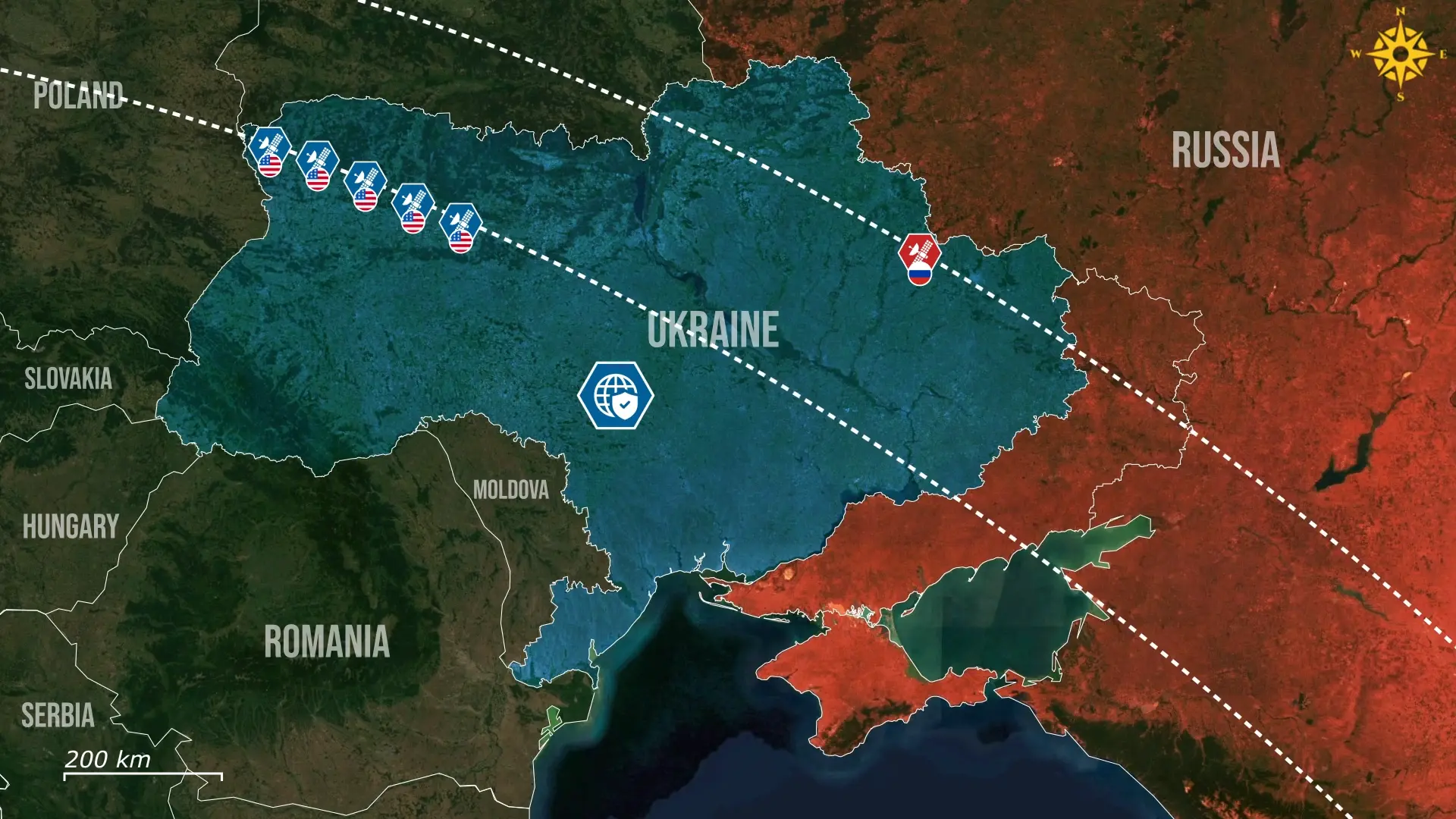
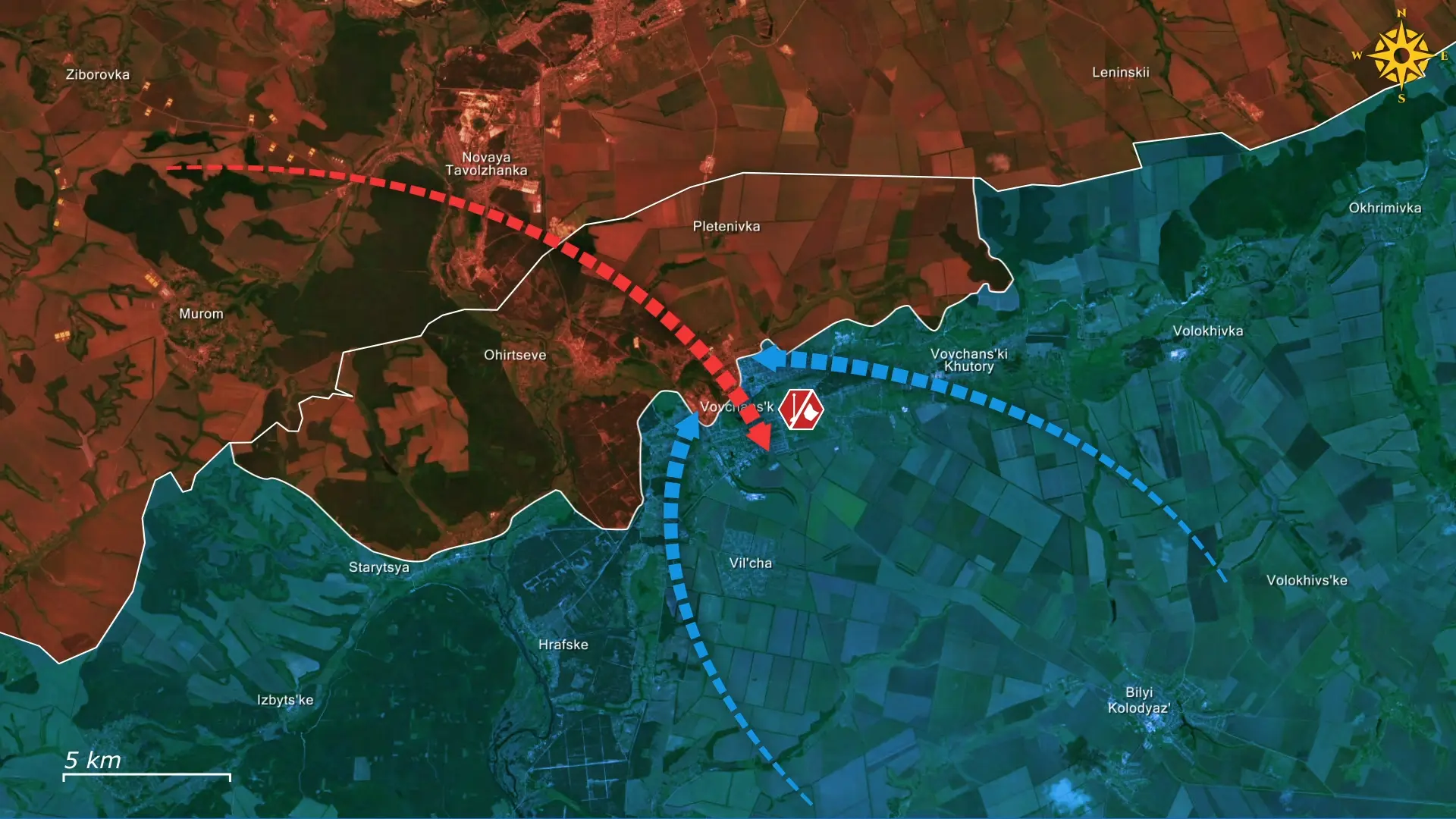
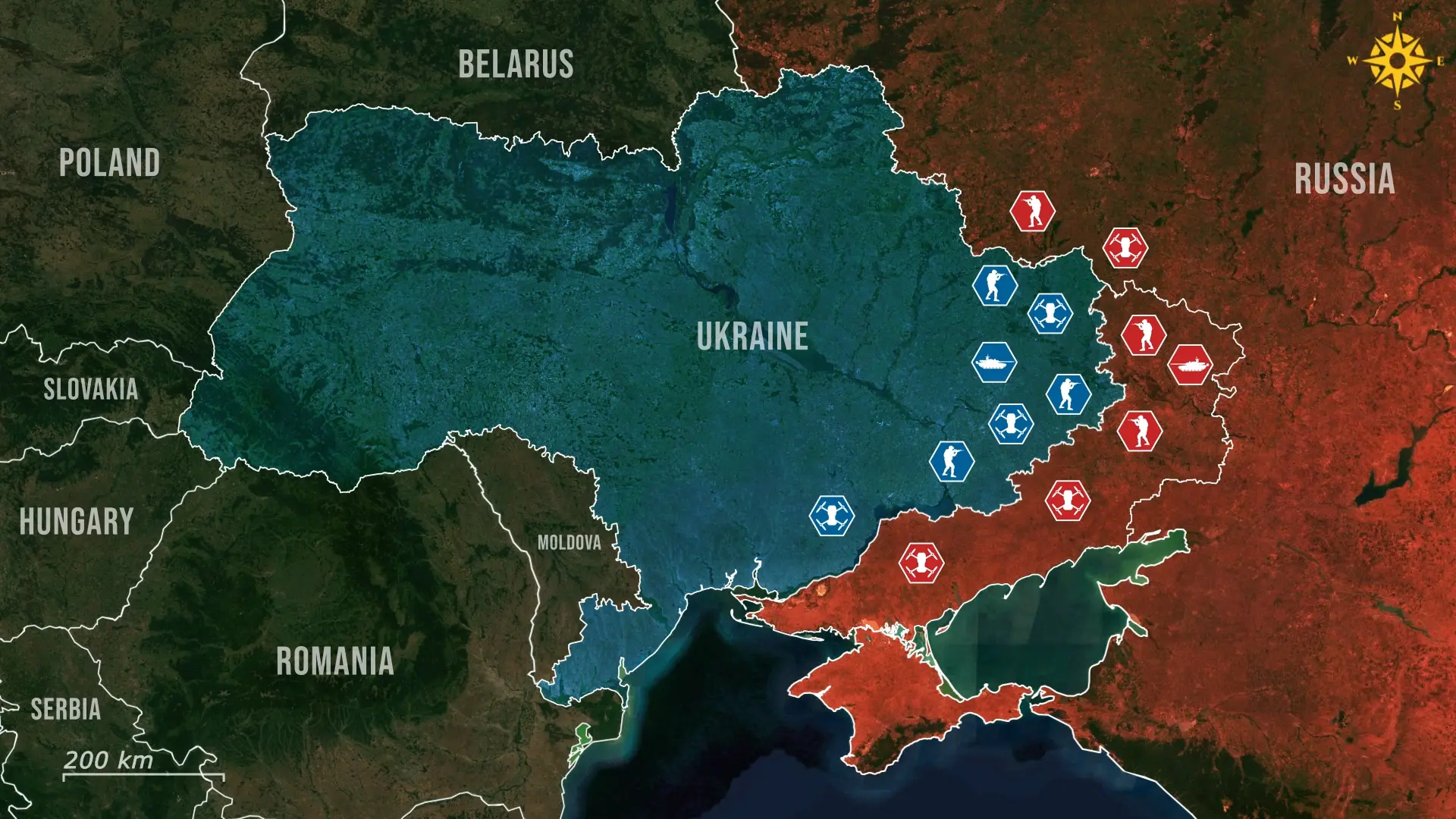
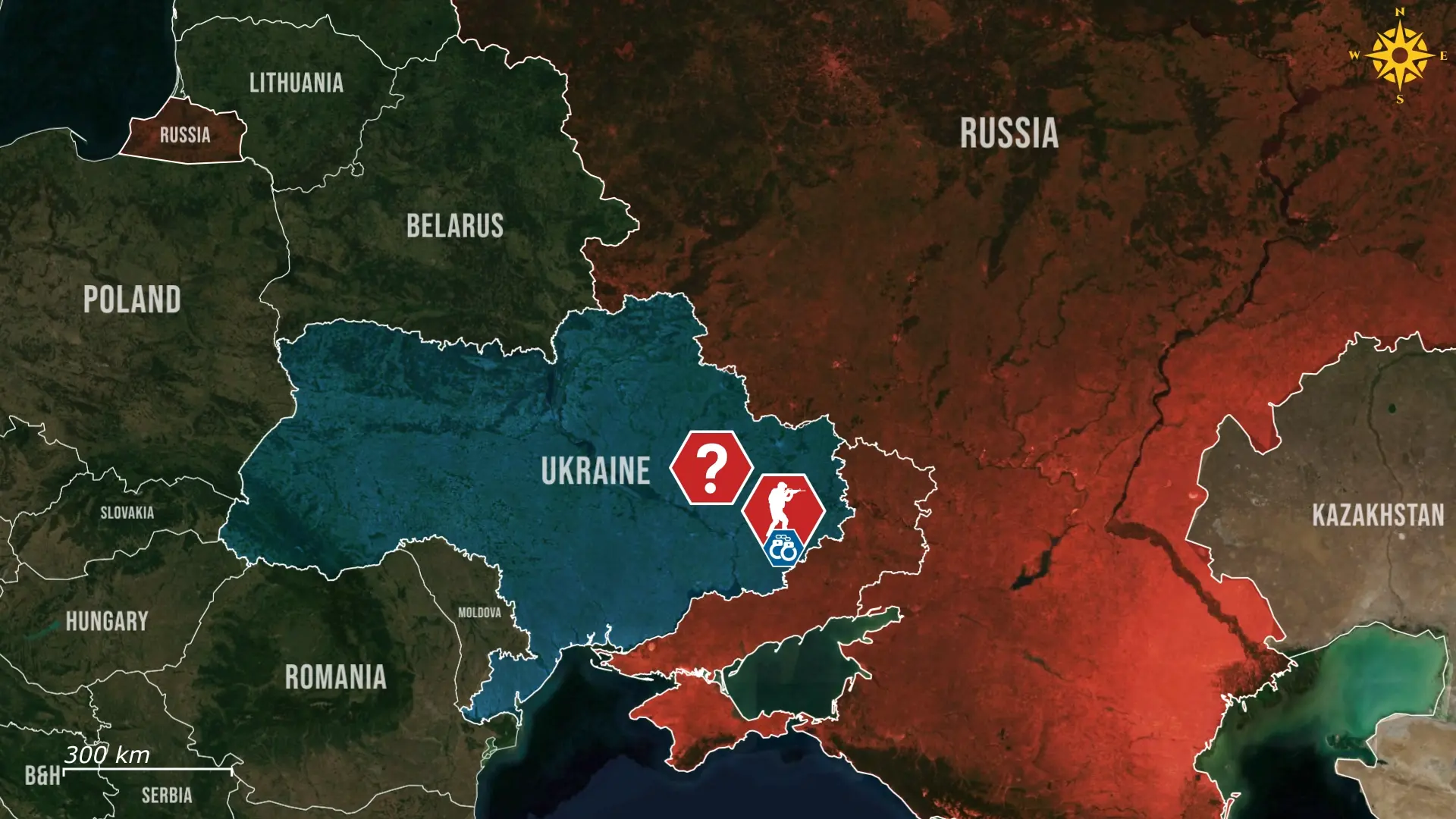
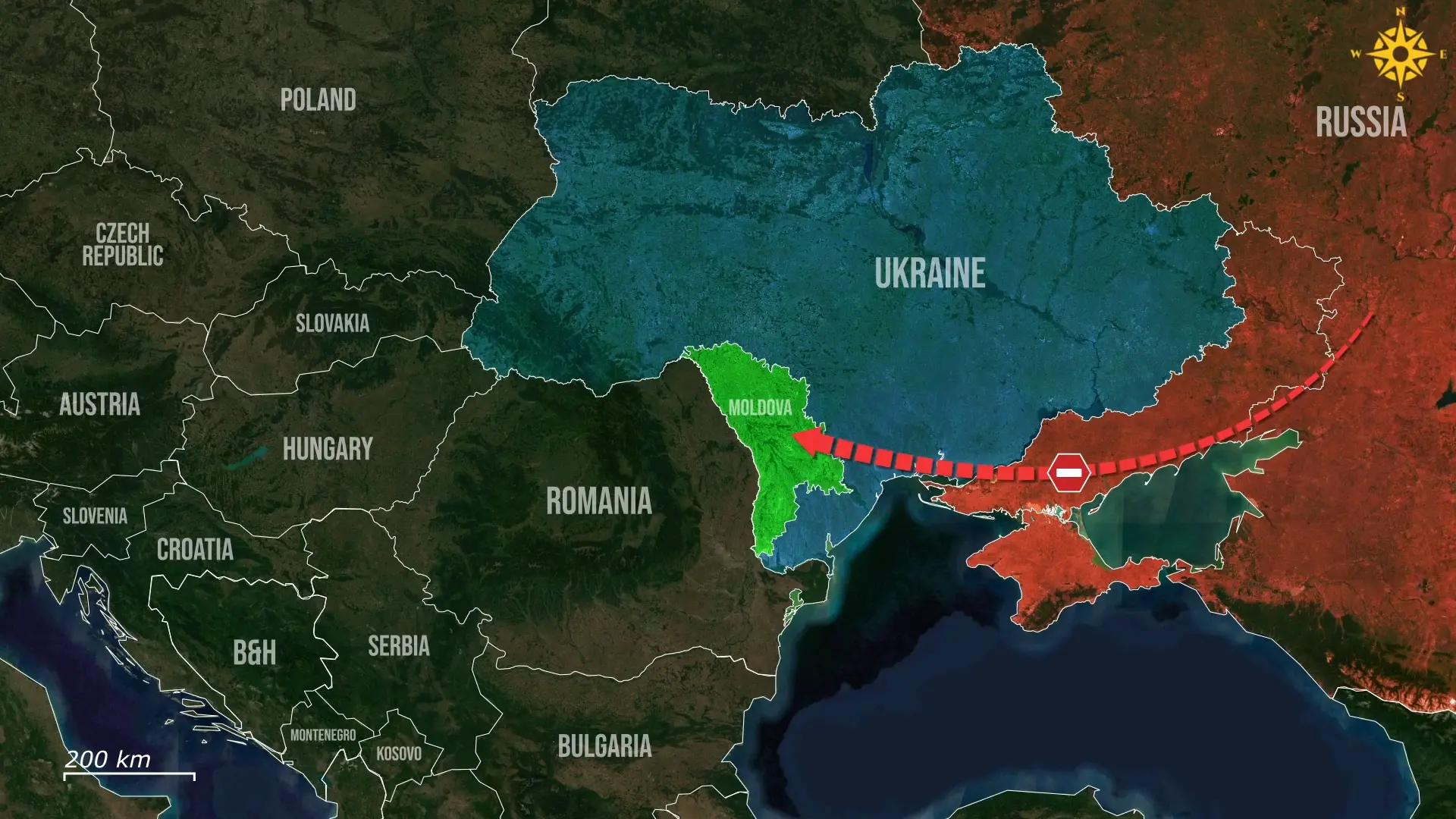

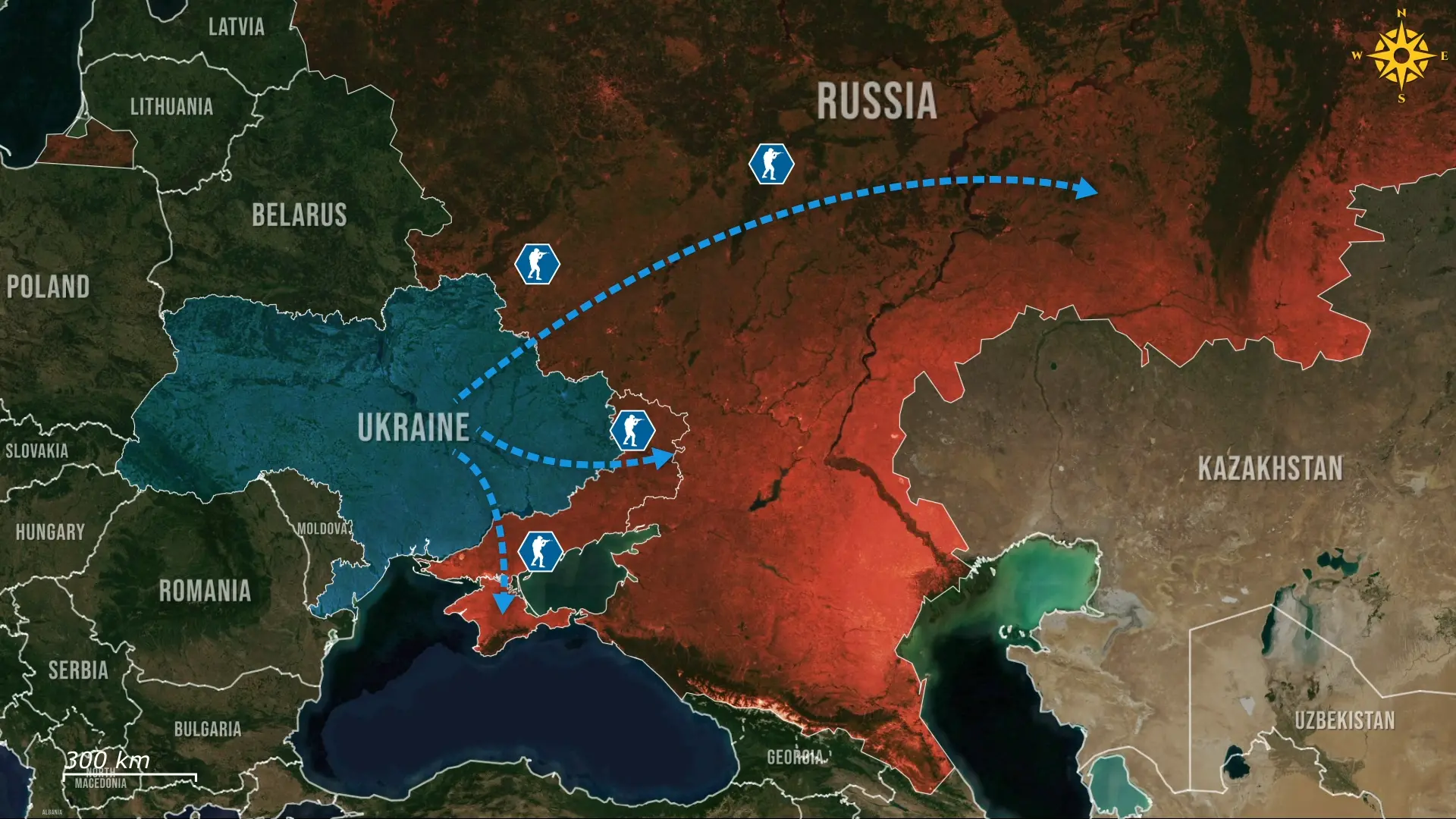
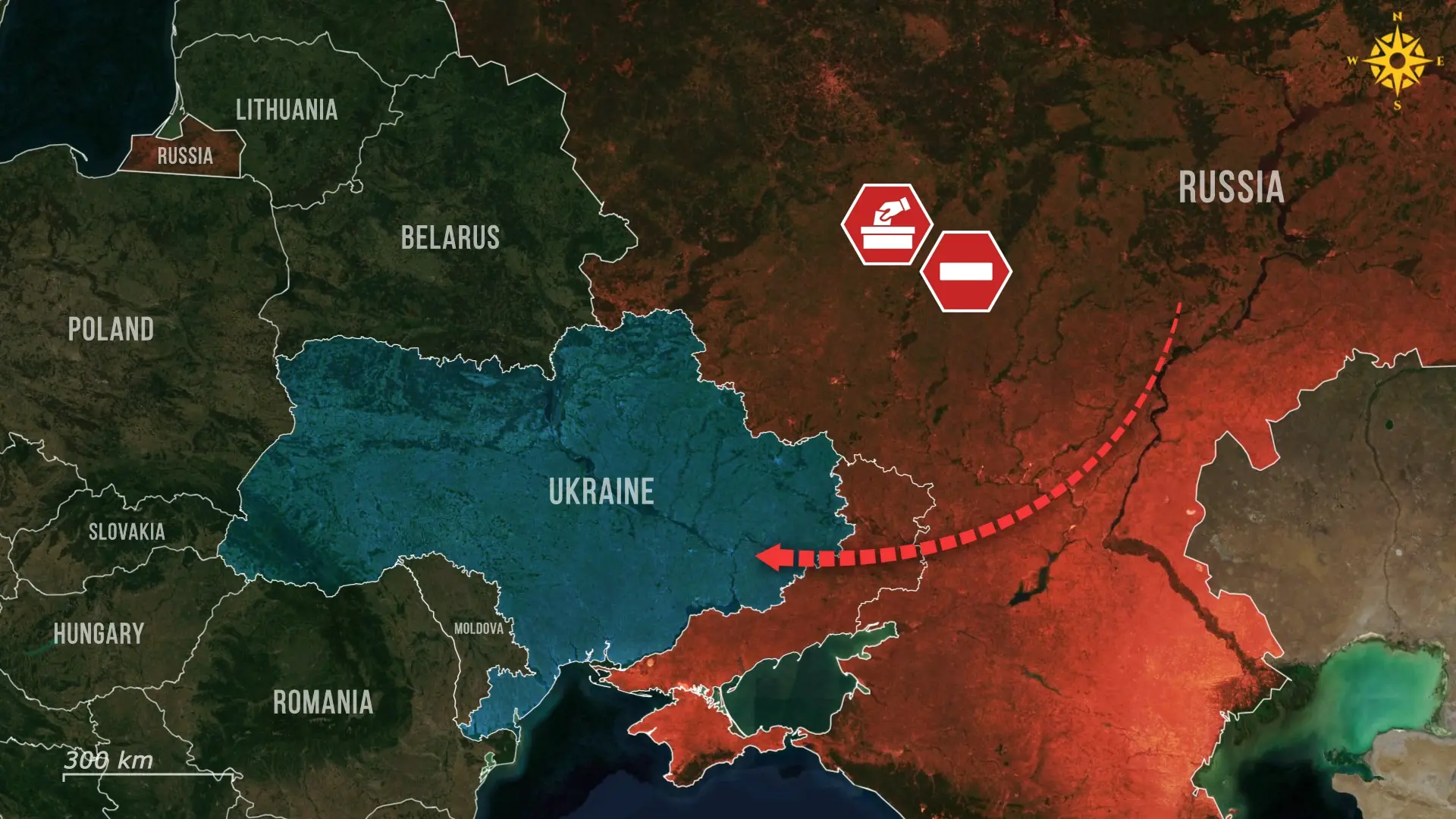
Comments